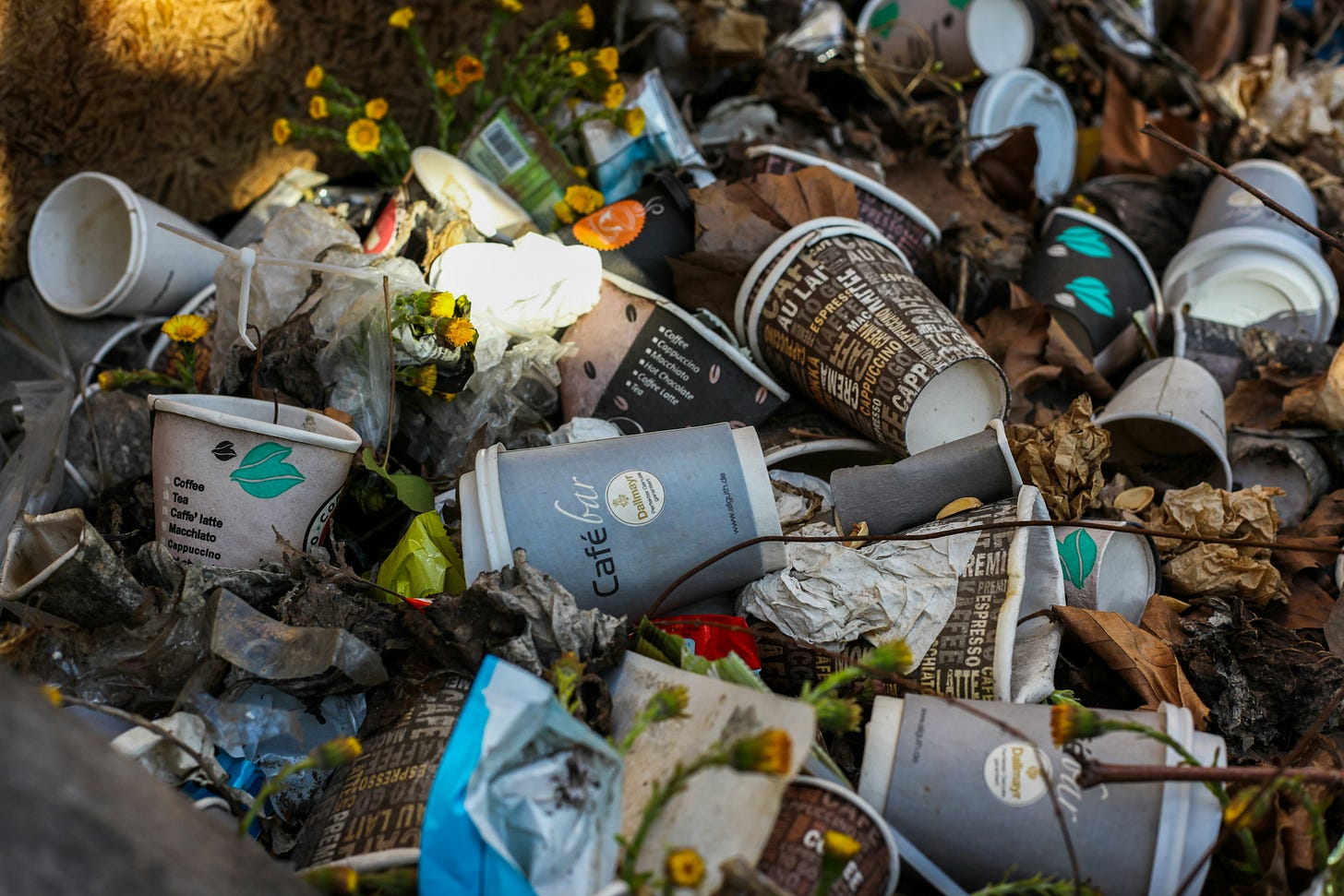Critical State: One Beach — Before Elon Musk
If you read one thing this week … read about Texas's Boca Chica Beach before SpaceX showed up.
In a new essay at the Texas Observer, Gaige Davila reflected on Boca Chica Beach, an area at the eastern tip of Cameron County and the home of SpaceX’s Starbase.
Elon Musk’s SpaceX arrived at the eponymous Boca Chica village, an unincorporated community, in 2014, and its test and orbital launch sites are located adjacent to the beach. As Davila pointed out, SpaceX launch towers are now visible beyond the dunes.
The journalist spoke with local organizers who have spent years rallying against “the encroachment” of SpaceX’s launchpad and “its hulking production facility up the road.” The presence of SpaceX has also led to frequent closures of the sole road leading to the beach.
In response, a Harlingen-based community archive center called ENTRE hosted an event last summer that built upon a years-long archival project known as “Boca Chica, Corazón Grande.”
That project, wrote Davila, “has collected photos, home movies, and oral histories of Boca Chica from Valley residents, who’ve visited the free-access beach, little-known to tourists from the rest of the state, for generations to fish, barbecue, and even camp overnight.”
The effort is part of a push to help Rio Grande Valley residents connect with the beach’s history as development takes its toll.
“The effort is especially pertinent as SpaceX plans to launch its massive Starship rocket up to 25 times a year and add more buildings,” Davila noted, “and as Musk looks set to receive special treatment from a second Donald Trump administration.”
If You Read One More Thing: Human Shields
In a new joint investigation at +972 Magazine, Illy Pe’ery looks at the case of an 80-year-old Palestinian man Israeli troops used as a human shield in Gaza — and then killed.
According to the report, Israeli troops from the Nahal Brigade roped an “explosive cord” around the man’s neck and demanded that they “scout out abandoned houses.” The report, published in conjunction with the Israeli outlet The Hottest Place in Hell, drew on interviews with soldiers who were present.
The incident took place in Gaza City’s Zeitoun neighborhood in May. Once the man had scoped out the buildings, “the soldiers ordered the man to flee with his wife, but upon being spotted by another battalion they were both shot dead on the spot.”
Europe’s Dumping Ground

A new long read by Alexander Clapp at The Guardian looks at Turkey’s effort to become a “zero waste” country, and the way that, in fact, Europe turned it into a “dumping ground” for garbage.
At the heart of the problem, Clapp explained, is plastic. Even if plastic recycling “were to work, even if it were to be profitable, even if it were to be safe, recycling plastic would still never address the engine driving our global trash crisis.”
Clapp spoke with people who were impacted by the trash crisis, among them a Turkish farmer whose land is next to a dumping (and burning) site for garbage from Europe. Within weeks, the farmer’s orange and lemon trees began to suffer. A year on, his family was in serious financial straits, Clapp reported, and “the trees bore no fruit at all.”
“Suffice it to say, by 2022 so much foreign trash was getting dumped under cover of night around Adana,” Clapp continued, “across valleys or along rivers or indeed on the edge of farms, that the only way for local environmentalists to track its arrival was to monitor the region from several thousand feet in the air with drones.”
Deep Dive: Capitol Riot Spillover?
When mobs of Donald Trump’s supporters raided the United States Capitol on Jan. 6, 2021, was their attempt to roll back the results of a democratic election part of a pattern that spanned across global borders?
Well, yes, according to a new paper Ka Ming Chan has written for the British Journal of Political Science. But Chan also asked whether a far-right insurrection in one country might have a detrimental impact on a far-right party in another.
The paper drew a comparison between the US Capitol riot and the 2023 Brazilian Congress attack, when backers of Jair Bolsonaro attacked federal buildings in Brasília. In both cases, supporters of a recently defeated, far-right president tried to “deny the legitimacy of the electoral game,” Chan wrote, and attempted “to perpetuate the power of their losing president.”
Then, the author examined the cases of Germany and the Netherlands, asking whether the US and Brazil insurrections could “reduce” support for far-right parties in both European nations.
When a far-right insurrection takes place elsewhere in the world, Chan argued, “it becomes difficult for domestic citizens to ignore the threats to democracy posed by the far-right parties.” In some cases, coup attempts abroad can even lead to a “transnational learning process.”
The US Capitol riot snatched headlines in newspapers and primetime coverage on television news across the globe.
In the Netherlands, Chan examined support for the ultra-right Geert Wilders’s Party for Freedom and the Forum for Democracy, another far-right party that came into existence in 2015. Comparing data from before and after Jan. 6, 2021, Chan found that support for the Dutch far-right parties slumped by the equivalent of around six to seven parliamentary seats.
In Germany, Chan considered several parties: the Alternative für Deutschland (AfD), Die Rechte (The Right), the National Democratic Party (now named Homeland), and the Republicans (REP). Relying on similar survey data, Chan calculated that overall support for these parties after the Jan. 6 events decreased by some five parliamentary seats.
But why does a riot in the US lead to spillover in Western Europe? In part, according to Chan, that is “due to shaming and a change in voting calculus.”
Still, the author conceded that the study had a handful of limitations. For one, future researchers could examine whether the Brazil coup attempt had similar transnational impacts. Secondly, a future study could dig into whether insurrections like the Jan. 6 uprising wreak similar consequences in non-Western countries.
Chan didn’t argue that the drop in support for far-right parties would be long-lasting, and in several countries around the world, the author pointed out, the far-right has made monumental gains in the years since the US Capitol riot.
Nonetheless, the paper highlighted that the US Capitol insurrection “marked a watershed of democratic backsliding not simply in the US, but also worldwide.”
Show Us the Receipts
Lebanon’s history is dotted with political fracture, sectarian divisions, and foreign intervention — from Syrian meddling under the Assad regime to one Israeli invasion after another. Yet, as Alexander Langlois put it in a new piece at Inkstick, “the country sits at a major crossroads: After decades of corruption via an embedded system of sectarian patronism and nepotism, can the Lebanese finally pull their nation from the brink?” Langlois argued that recent years have seen glimmers of hope in popular movements to break the prevailing order.
US President Trump and his close confidante Elon Musk have recently taken aim at, of all places, South Africa, parroting conspiracy theories about the supposed mass theft and murder of the country’s white farmers. Michael Albertus, writing for Inkstick, sets the record straight on South Africa’s long fight for land restitution — and makes the case that is ultimately a positive step toward undoing the injustices of apartheid.
Meanwhile at The World, Gerry Hadden reported on the growing number of displaced people who, while making the journey to Europe, decide to instead settle in Morocco. “Making a living in Morocco is feasible for them, in part, because there’s work to be found here — and the country has a labor shortage,” Hadden explained. “As a result, migrants who enter the country illegally don’t have to hide out of fear of being deported.”
Behind the Scenes at Inkstick
This week, we want to cap off Critical State by introducing you to another of our newsroom’s mascots and assistants: Ananta. Always trying to strike a balance between her work life and having a good time, Ananta currently chips in remotely from Paris.
Critical State is written by Inkstick Media in collaboration with The World.
The World is a weekday public radio show and podcast on global issues, news, and insights from PRX and GBH.
With an online magazine and podcast featuring a diversity of expert voices, Inkstick Media is “foreign policy for the rest of us.”
Critical State is made possible in part by the Carnegie Corporation of New York.






